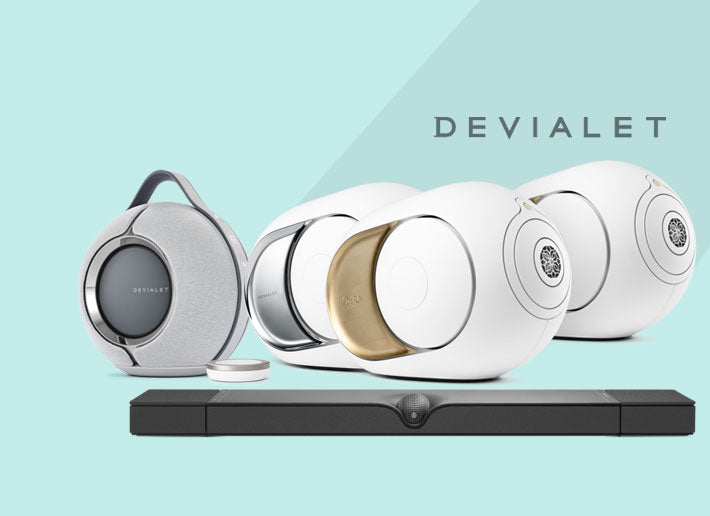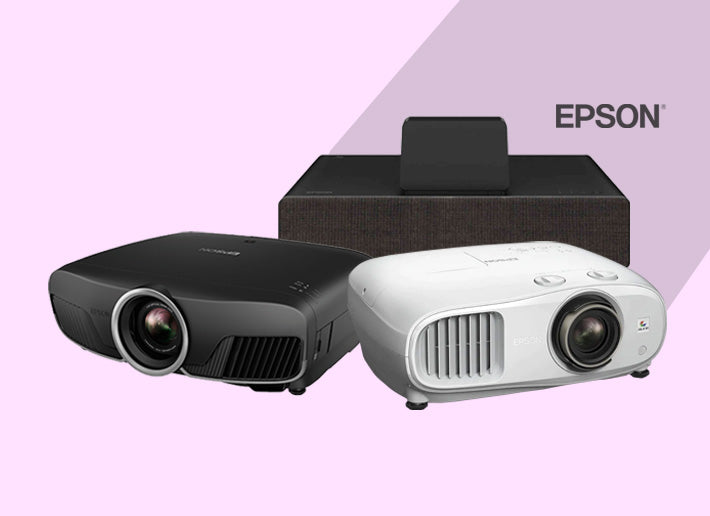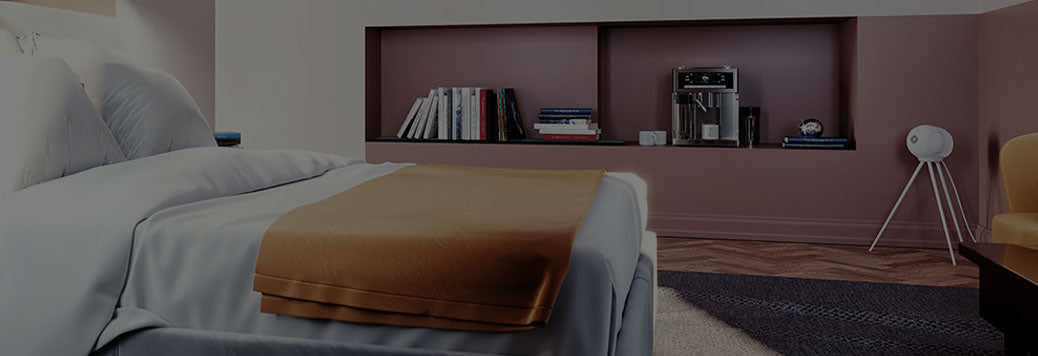The hospitality industry is an orchestra of experiences and the maestro of this ensemble is undoubtedly the audio system. In the competitive symphony of hospitality, audio quality isn’t just an amenity, it’s a differentiator. Imagine stepping into a hotel lobby where the sound of a cascading waterfall is complemented by a perfectly curated playlist, resonating with the aesthetics of the space and the mood of the moment. Or consider a fine dining restaurant where the clink of glasses and the murmur of conversation are harmoniously underscored by a soft melody, enhancing the gastronomic experience.
The impact of sound extends beyond mere background music; it’s a strategic tool that can elevate a brand, evoke emotions and create lasting memories. For instance, a spa resort might use tranquil tunes and the sounds of nature to transport guests to a serene oasis, while a nightclub pulses with the latest hits, energising the crowd and inviting them to dance the night away. In conference venues, the clarity and precision of audio systems ensure that every word spoken is an opportunity for connection and inspiration.
A well-engineered audio system is the invisible thread that ties together the mosaic of guest experiences. It’s about finding the perfect volume that allows for intimate conversations, yet fills the silence. Or selecting the right tempo that matches the pace of service. Or choosing a genre that reflects the cultural tapestry of the locale.
When done right, the audio system isn’t just heard, it’s felt. It becomes a character in the story of a guest’s journey, a subtle guide that can lead to increased dwell time, enhanced satisfaction and the sweet sound of customer loyalty echoing back to your business.
With that in mind, choosing the right speakers for a hospitality venue becomes very crucial. Let’s take a look at the different types of speakers used in hospitality and their inherent strengths and weaknesses.
Also Read: Oober-easy tips on selecting the right speakers
Choosing the Right Beat: Audio Equipment Selection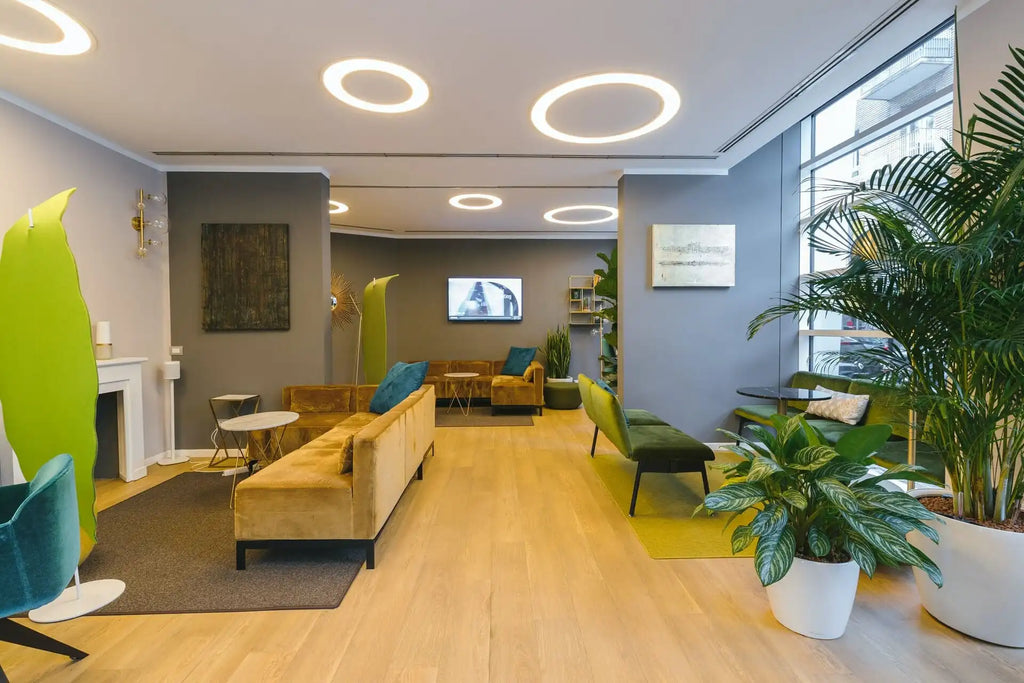
Image credit - CSAV systems
Selecting the perfect audio setup for a hospitality venue is an art. The size and shape of the venue, its acoustic properties and even the materials used in construction influence the choice of audio equipment. Larger venues may require powerful speakers with wide dispersion to fill the space without creating echoes or dead zones. In contrast, smaller, more intimate settings benefit from speakers that provide clear, localised sound.
Durability is also a critical factor, as hospitality environments can be demanding, with the potential for high levels of humidity, varying temperatures and constant use. The configuration of speakers is equally important, with options ranging from in-ceiling systems for a discreet look to surface-mounted speakers that make a statement. For example, a luxury resort may opt for custom-designed speakers that blend with architectural elements, while a casual diner might choose durable and easy-to-maintain speakers that can withstand the rigours of daily operation.
Below, we provide a brief overview of the five most common types of speakers. Each type of speaker can be selected based on the specific acoustic requirements and design preferences of the venue to create the desired auditory experience for guests.
| Speaker Types | Pros | Cons | Ideal Use Cases |
| Ceiling Speakers | Aesthetically pleasing, space-efficient, good for ambient sound | Less bass, can be challenging to install | Hotel lobbies, corridors, restrooms |
| Wall-mounted Speakers | Good sound directionality, can be used as design elements | May affect decor, can be obtrusive | Restaurants, bars, private dining rooms |
| Outdoor Speakers | Durable, designed to withstand elements, excellent for open spaces | Higher cost, may require more frequent maintenance | Pool areas, outdoor patios, gardens |
| Subwoofers | Enhance low-frequency sounds, add depth to music | Conspicuous, require careful placement | Nightclubs, event spaces, entertainment venues |
|
Portable Speakers |
Versatile, movable, quick setup | May not offer the same sound quality as permanent installations, require storage | Event halls, temporary setups, mobile DJ services |
A comparison of the most common speaker types in hospitality
In our penultimate section, let’s look at what differentiates these speakers from those we are used to listening to in our homes.
Also Read: A brief primer on speaker placement
What Sets Hospitality Speakers Apart
Speakers designed for hospitality environments are engineered with specific challenges in mind and are distinct from regular speakers in at least 5 different ways.
- Design Integration: Hospitality speakers are designed to blend into or complement the architectural and interior design elements of the venue. They may feature paintable grilles or be hidden within walls or ceilings.
- Technical Specifications: These speakers often have wider frequency ranges to ensure clear sound reproduction in various environments. They may also have higher power ratings to accommodate larger spaces and longer usage periods.
- Durability: Given the high-traffic nature of hospitality venues, these speakers are built to last, with materials and construction that can withstand constant use and varying environmental conditions.
- Security and Safety: Hospitality speakers are designed with security in mind, featuring tamper-resistant hardware and installations that comply with safety regulations, ensuring they do not obstruct emergency exits or pathways.
- Customisation: Many hospitality speakers offer customisation options to meet the specific acoustic and aesthetic needs of a venue. This can include custom colours, shapes and sizes, as well as specific technical features like built-in amplifiers or networking capabilities.
Also Read: 5 Things to keep in mind when buying In-Ceiling Speakers
In our final section, we’ll look at how they can potentially represent a great investment for businesses.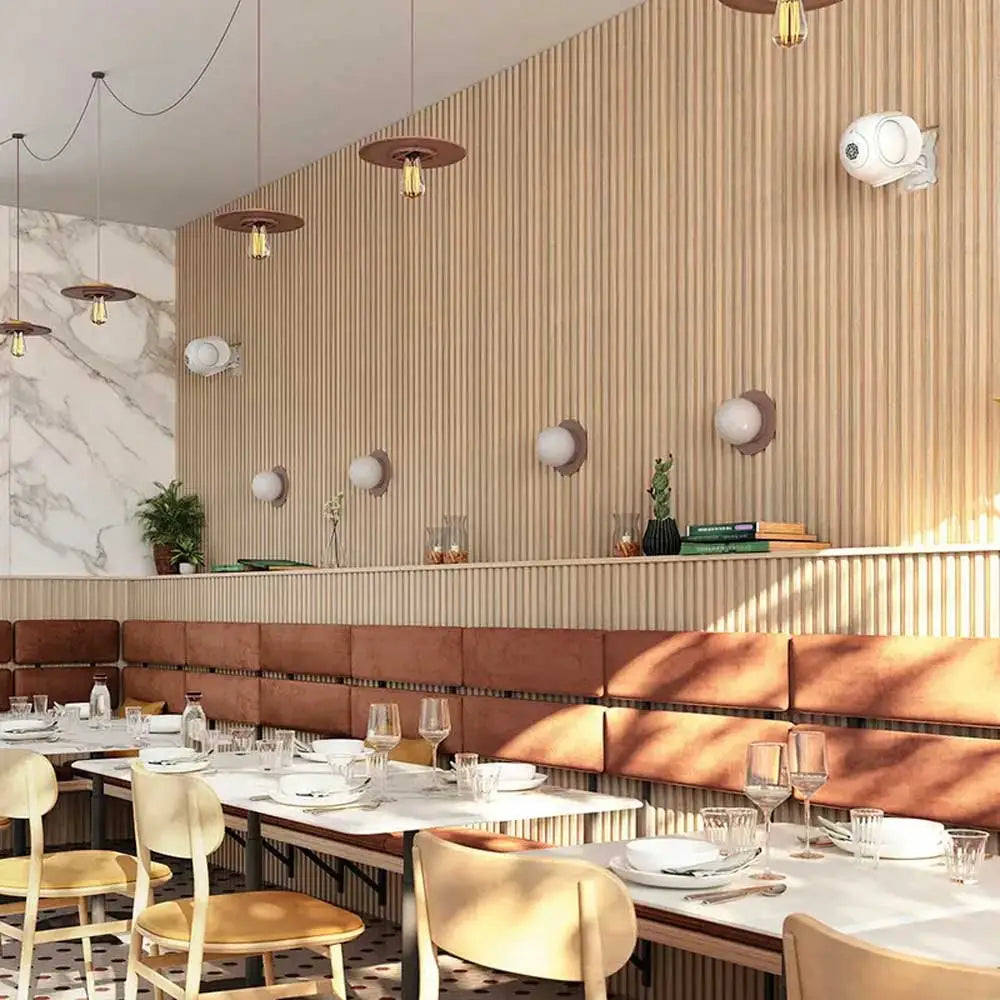
Image credit - Devialet
A Sound Investment: An ROI that Goes Through the Roof
Investing in quality audio systems can yield substantial returns for hospitality businesses. A well-curated audio environment can make guests feel welcome, relaxed, or energised, depending on the desired effect. Investing in high-quality audio systems can lead to increased dwell time, repeat visits and positive word-of-mouth, all of which contribute to a venue’s success. For instance, a hotel that invests in a state-of-the-art sound system for its banquet hall could become the preferred location for weddings and conferences, leading to increased bookings and revenue.
In the hospitality industry, the integration of Dante or similar network-based systems into speakers is revolutionising audio experiences. Dante, a digital media networking technology, simplifies the connection between devices, allowing audio to be transmitted over Ethernet cables with near-zero latency. This eliminates the need for heavy, expensive analogue cabling, offering a cost-effective and scalable solution for audio distribution.
The adoption of audio-over-IP (AoIP) and audiovisual-over-IP (AVoIP) technologies is becoming increasingly prevalent as they offer flexibility, scalability and high-quality streaming over standard IP networks. AoIP and AVoIP enable the transmission of uncompressed audio and video signals, overcoming bandwidth and latency challenges associated with traditional systems.
As a result, hospitality venues can easily expand and adapt their AV systems to meet changing demands, ensuring guests enjoy seamless and high-fidelity audio-visual experiences. The shift towards AoIP and AVoIP reflects the industry’s move towards more agile, efficient and future-proof AV infrastructures.

